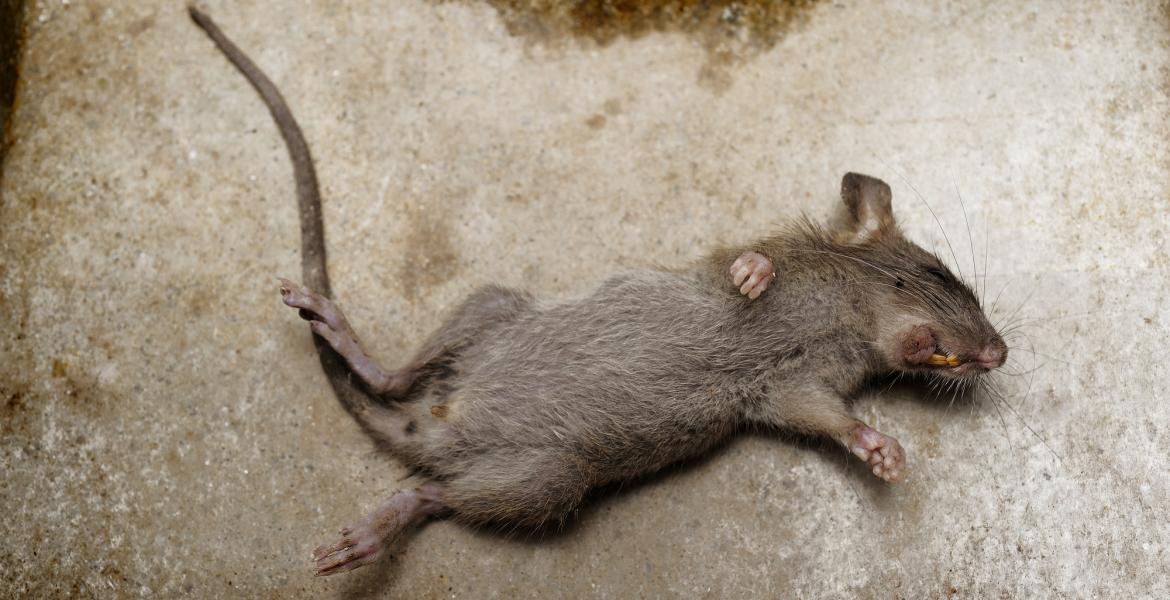LUBBOCK – The American Lung Association Research Institute announced Thursday it awarded $13.6 million in research grants to fund 129 innovative projects to advance today’s science to end lung disease tomorrow, including a project in Lubbock, Texas. Dr. Adam Smith from Texas Tech University was awarded the Lung Cancer Discovery Award to study sequence-based biomarker testing to better identify variants.
Lung research is critical because 3,135,000 in Texas are living with lung disease and each year, millions of people are impacted by respiratory viruses like COVID-19 and influenza. Through the Awards and Grants Program, the Lung Association supports trailblazing research, novel ideas and innovative approaches. The funded researchers investigate a wide range of lung health topics, including asthma, COPD, lung cancer, infectious lung diseases and more.
“We are honored to welcome Dr. Adam Smith to the elite American Lung Association Research Institute and our efforts to fundamentally transform lung health here in Texas and across the nation,” said Charlotte Maffia, Executive Director of the American Lung Association in Texas. “Our research investment is key to unlocking solutions to alleviate the burden of lung disease. The Lung Association’s Awards and Grants Program promotes innovative research, collaboration, translation of discoveries and scientific exchange to transform today’s science into tomorrow’s solutions. Because when you can’t breathe, nothing else matters.”
Dr. Smith’s team at Texas Tech University will work to gather additional information to fully identify variants involved in lung cancer. Additional data focused on the lung cancer mutations will allow new strategies to emerge given more data points.
“One of my research goals is to understand how EGFR-family proteins interact at the cellular level. EGFR is overexpressed in tumor tissue and up to 30% of all non-small cell lung carcinomas harbor mutations in the EGFR gene,” said Dr. Smith. “This grant from the Lung Association will allow us to systematically measure EGFR-family interactions and determine how these receptors respond to different cellular environments and oncogenic mutations. These studies will add critical insight into the ongoing development of bispecific antibodies and antibody-drug conjugates, which are the next frontier of lung-cancer therapy.”
This year, awards were given in different categories addressing many aspects of lung disease; ALA/AAAAI Allergic Respiratory Diseases Award, ALA/ATS/CHEST Foundation Respiratory Health Equity Research Award, Catalyst Award, COVID-19 Respiratory Virus Research Award, Dalsemer Award, Innovation Award and Lung Cancer Discovery Award. Research projects funded by the Lung Association are carefully selected through rigorous scientific peer review and awardees investigate a wide range of complex issues.
The Lung Association’s Research Institute includes the Awards and Grants program, and also the Airways Clinical Research Network, the nation's largest not-for-profit network of clinical research centers dedicated to asthma and COPD research. The Lung Association is currently accepting applications for its 2024-2025 research awards and grants cycle. For more information about the active research funding opportunities, visit Lung.org/awards.
For more information about the new grant awardees and the entire American Lung Association Research Team, visit Lung.org/research-team.
Subscribe to the LIVE! Daily
Required






Post a comment to this article here: